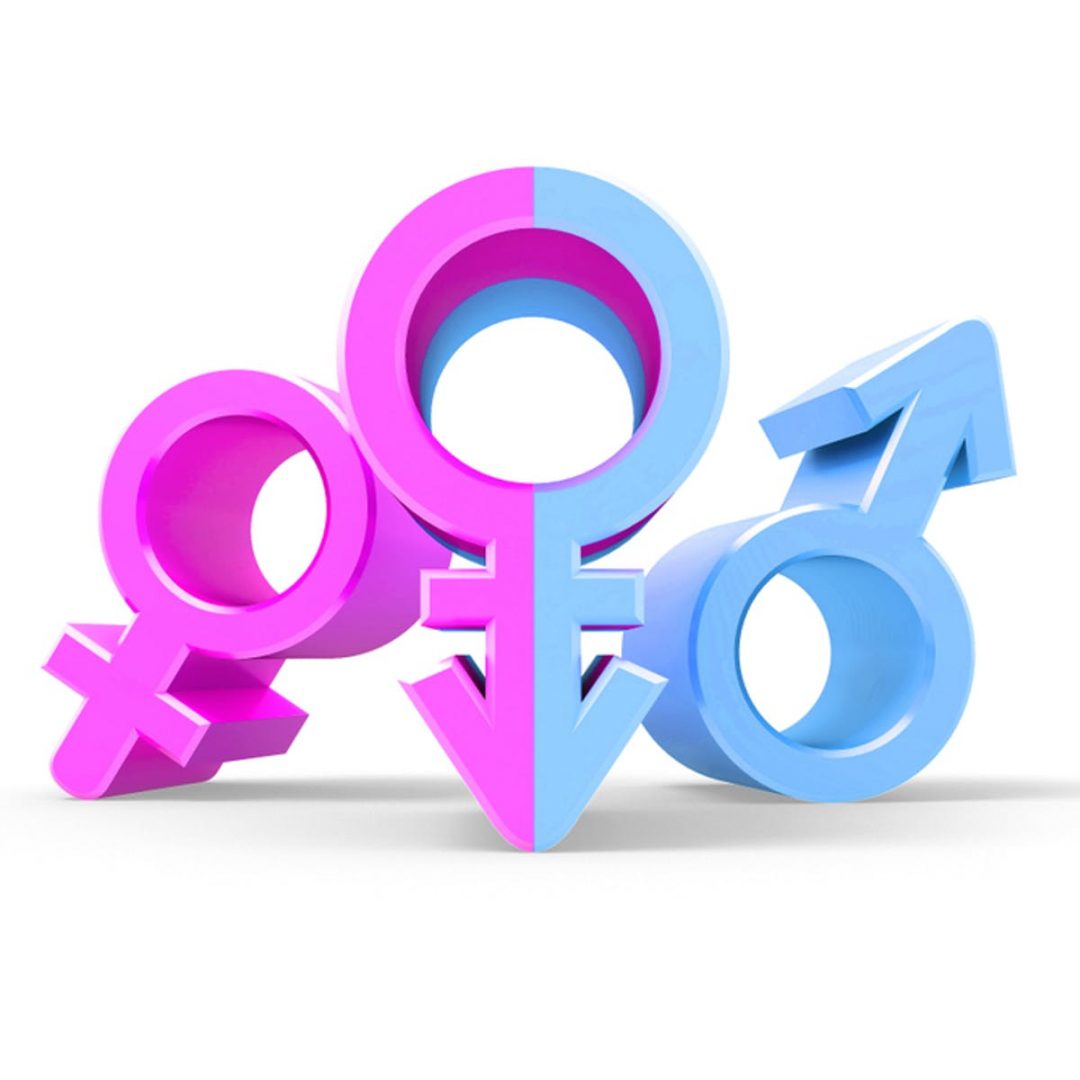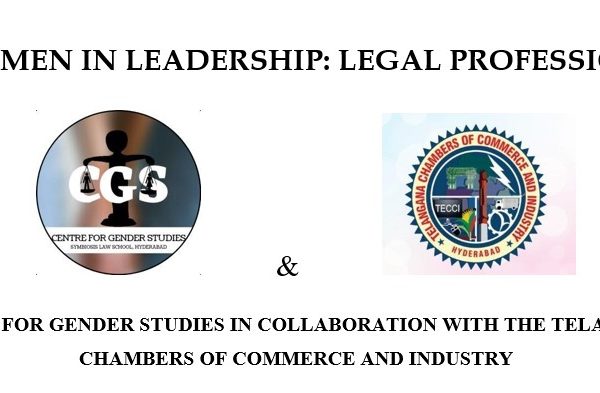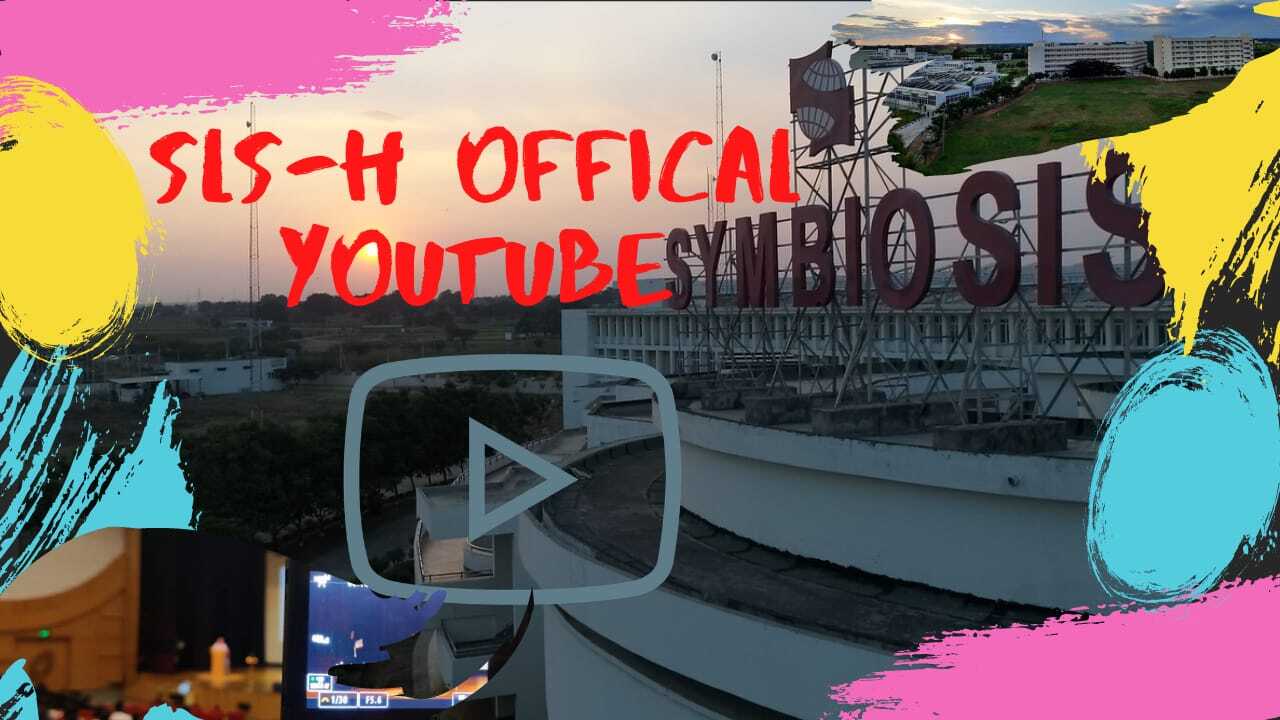
WORKSHOP ON GENDER SENSITIZATION BY THE CENTER FOR GENDER STUDIES
A workshop on Gender Sensitisation was conducted by The Centre for Gender Studies, SLSH. It began with an inaugural speech by The Director, Symbiosis Law School Hyderabad, Dr. Sarfaraz Ahmed Khan who subsequently introduced the two panelists- Ms. Ruchira Goswami and Ms. Shweta Luthra, both pioneers and experts in their respective fields.
Ms. Ruchira Goswami began the workshop by narrating a story on gender norms and how ‘gender’ is a socially constructed term, the assignment of which begins from as early as the birth of a child. The purpose of the story was to establish the fact that there is a clear distinction between a biological being and societal norms, meaning that it is correct to assume sex at birth, which is permanent, unless surgically altered, while gender is the society’s expectations of a person which have only strengthened and been passed on from one generation to another.
Gender, as we know it today, was introduced in the 20th century. The assumption that gender is natural began to be questioned in the 1970s after notable Psychiatrist Robert J. Stoller coined the term ‘gender identity’ in the year 1964. This led to the rise of distinction among the masses. They realised that binaries did not necessarily exist everywhere and began to question the social assumptions.
Biological social assumptions would not be a cause of concern today had the roles of men and women been interchangeable and respected equally, something which has been observed to be false. From being recognized to being remunerated, women’s traditional duties at home are underappreciated and looked down upon. Ms. Ruchira Goswami went on to talk about an experiment recently conducted in rural India, which in fact seconds this observation. In the experiment, a day in a rural woman’s life was filmed and documented. Analysis of the said documentation showed that a woman worked longer hours than her husband and did household chores which remained unrecognized as she was not paid for doing the same. She had no control over household resources either. While legally women are assumed to be equal and on par with men, socially, gender inequality exists. Ms. Goswami termed this as “nothing but the Battle of the Sexes and how Muscle power is assumed to be greater”. Gender inequality through society’s lenses can be consolidated within the bondages of Patriarchy.
These norms put us in boxes, which affect not just women, but men too.
Gender is now growing. It no longer restricts itself to ‘man’ or ‘woman’ but now includes a wide spectrum where people can decide upon their gender identity. It takes into consideration the people we are attracted to, something the hetero-normative patriarchal society does not.
Ms. Ruchira concluded her part of the workshop by introducing and briefing the participants on the concepts of gender dysmorphism and gender fluidity.
Ms. Shweta Luthra continued the workshop by starting her presentation on gender and workplace harassment, the objective of which was to help the participants create and understand a safer environment at the University. She began by explaining various forms of harassment men and women face and the impact it has on them, by giving the participants examples of real-life cases she had come across. As the session progressed, we went on to understand how sexual harassment is connected to gender-based violence, and what constitutes harassment (starting from physical contact or advances to asking for sexual favours). She discussed the concept of what an ‘unwelcomed’ touch or stare is.
Soon after, we came to the topic of sexual harassment at the campus level, which includes interactions between the teachers and the students, the conduct that needs to be maintained and how in case of an occurrence, one should speak up despite the stigma attached to it. There are laws on problems of such nature and Ms. Shweta discussed them in detail.
In the end, there remained an important question that needs to be addressed, how does one deal with the traumatic experience of sexual harassment? From not blaming themselves to keeping track of events that transpired, a detailed list of solutions was discussed by Ms. Luthra.
The workshop came to an end with the discussion of the redressal process and what does not constitute the offence of sexual harassment.
The workshop succeeded in raising awareness concerning a person’s right to self-identity along the spectrum and cover essential topics such as sexual harassment in the workplace and how one can deal with it. It was well-informed, educational, and interactive!
Thanks to Ms. Gauri Desai of Batch 2019-2021 for the Report from the Centre of Gender Studies.
Credit for the image: https://theconversation.com/to-achieve-gender-equality-we-must-first-tackle-our-unconscious-biases-92848


